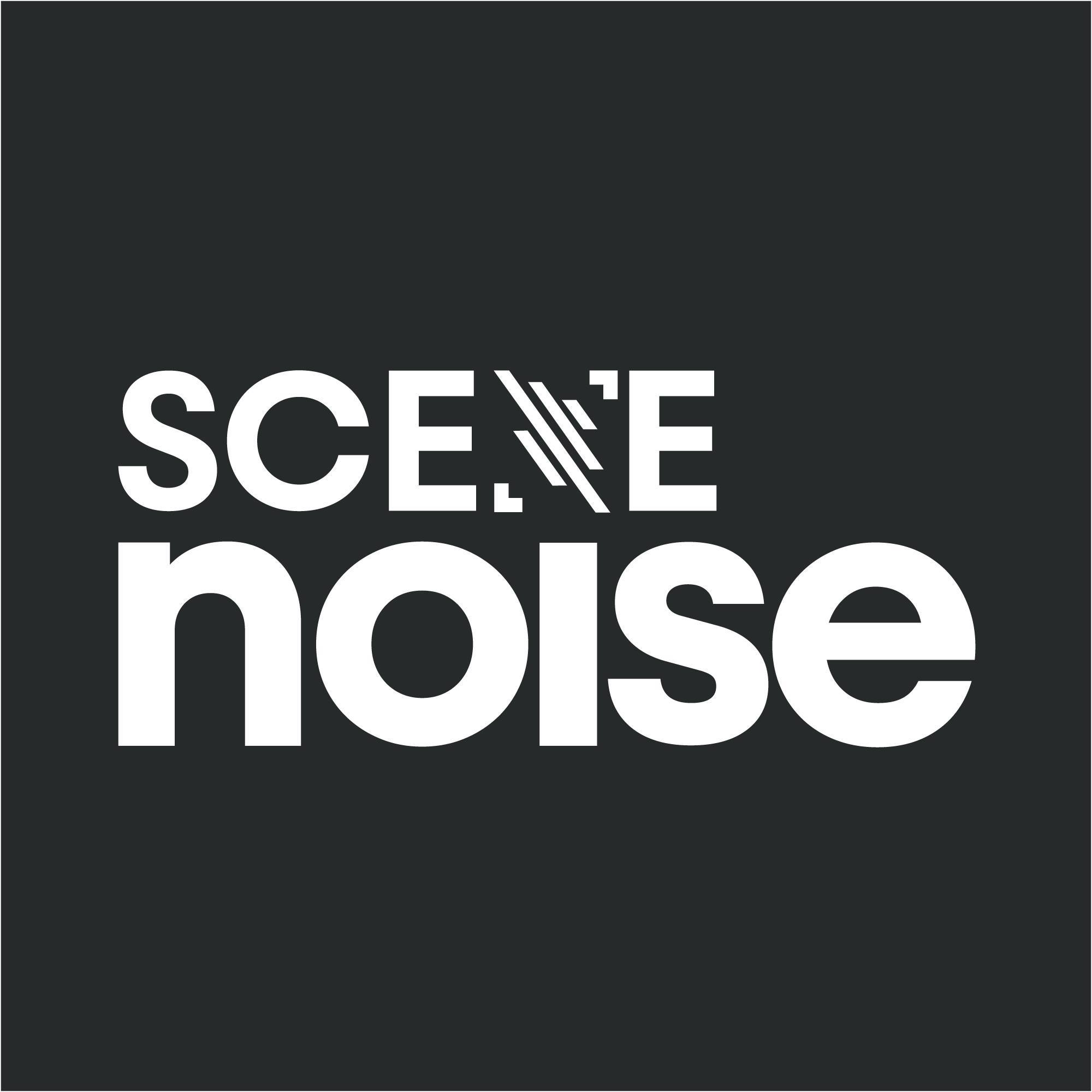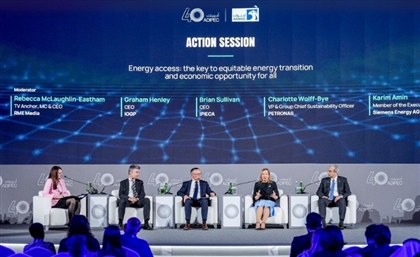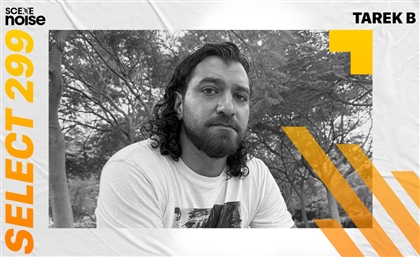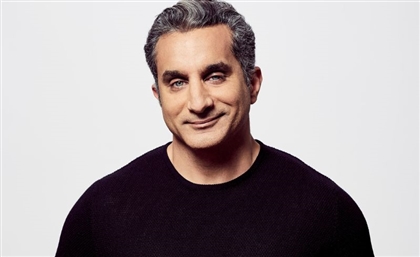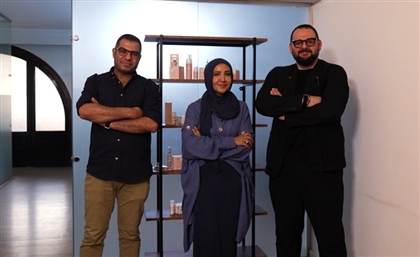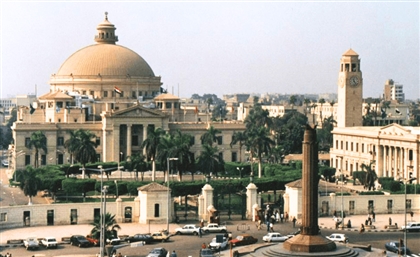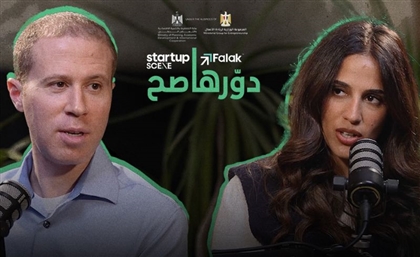Boogie Box - Refining the Dance Music Experience in UAE
Ahead of the Boogie Box Festival on November 2nd, we sat down with its founder Hassan Alwan to hear about their legacy in the region.

Boogie Box, the brainchild of devoted promoter and DJ, Hassan Alwan, is the UAE’s longest-running dance music event brand. It emerged from the vibrant dance music culture of London and the dynamic club scenes of Montreal during Alwan’s college years. What started as an impromptu hang-out with his friend Shadi Megallaa in Abu Dhabi has transformed into a 15-year musical journey. In that time, Boogie Box has become synonymous with a distinctive musical identity, weaving together threads of house, and techno, while developing its own record label alongside the main brand.
During its 15 year history, Boogie Box predominantly held their events in Abu Dhabi and Dubai, with offshoots in various cities across the world including Amsterdam, Berlin, Hamburg and Tbilisi among other destinations. Their upcoming music festival will take place on the sun-drenched shores of Hudayriyat Island in Abu Dhabi on November 2nd. In alignment with Boogie Box’s vision to curate all-encompassing lineups representative of the brand’s musical philosophy, the lineup for this year is packed with a slew of prominent local, regional and international acts, who will be performing across two open-air stages.
Headliners include London-based Aussie disc jockey DJ Boring, German-Korean producer/DJ Hunee, along with Italian producer Adiel, who will be making her UAE debut, and Amsterdam’s own Young Marco. The lineup also features a roaster of seasoned DJs, who have been at the forefront of the region’s nightlife scene, including Little Hats, Maks, Omar Fayyad, Parvane, Tarek B, as well as Boogie Box Residents Hani J, Hassan Alwan, Ricardo De Menesis and Shadi Megallaa.
Ahead of the festival’s upcoming edition, which was announced to be their last in Abu Dhabi, we sat down with Boogie Box founder Hassan Alwan to hear about how the festival got its start, and his vision for its future.
How did Boogie Box come to be?
I’m Iraqi and grew up in Abu Dhabi. I spent most of my Summer and Christmas Holidays in London. That's where I got exposed to the culture of dance music. You know, those were the days when I was 16 with my fake ID sneaking into clubs like Fabric, The End and music festivals. I then moved to Montreal to study for university. During my time in Montreal, I bought my first pair of decks at the age of 17. I started buying records, playing music and that kind of slowly began my journey into the world of dance music.
In Montreal, I started throwing parties at some bars and clubs, and then I started working for a very well-known club there called Stereo, which is still running. Stereo is a House Music nightclub with so much history and legacy, a really important institution in the landscape of dance music in North America. I was working there as a promoter for the main club. Then I started DJing at Stereobar as a resident. I then moved to London, England and I continued throwing parties. I started a digital label at the time there and continued my gigs as well, and then eventually moved back to UAE in 2009.
At that point a really good friend of mine Shadi Megallaa had moved back and we were just kind of both living in Abu Dhabi and very unfulfilled. We didn’t really have any outlets for us to play music and share our music with people. And then one day we were just hanging out at his place and decided, “Hey, let's just throw a party, get some friends together and you know, see where it goes.”
I never really had any plans beyond that other than just going into a bar, bringing in our system, inviting some people and throwing a party. That's how it initially started, literally sitting on the floor of his bedroom, bored and trying to figure out what to do, and then the idea of Boogie Box came out.
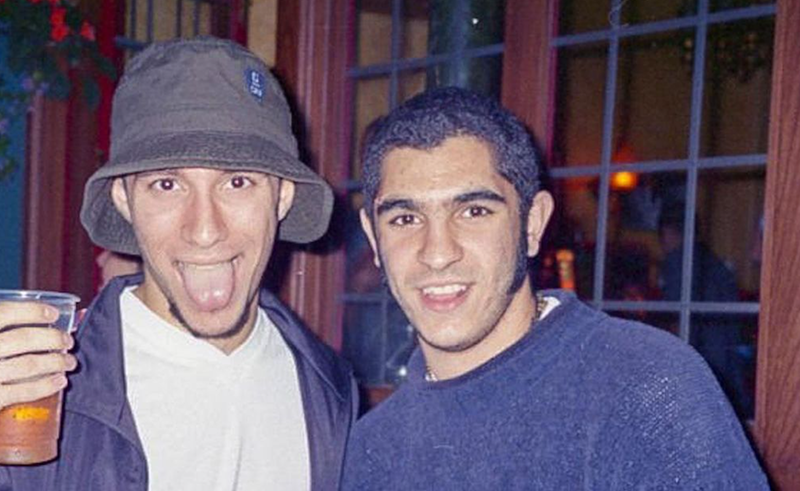
In 2017 you launched Boogie Box Records - what was your vision with the record label and how has it helped impact your events in general?
So the vision for that was to explore that crossover sound between house, techno and bass. I love releases that are not necessarily defined by a very specific sound, so that's really what influenced me to try to pursue sounds that could cater to different types of DJs and different types of sets.
How did it impact our parties? Vinyl culture in the Middle East is not as prominent as it is in other big cities around the world. Our records would gain attraction in places like Berlin and London, New York and Tokyo, and you'd find our records in record shops in these parts of the world. Whereas at the time, we didn't have record shops here.
-af953385-2645-41cb-8c6e-333a8489d446.jpg)
What did you learn from from throwing your first event ever, any lesson you've learned how you integrated that in planning future events things that you avoid challenges that you have
I mean there's so much to learn. I think first and foremost you need to have an identity. I don't mean ‘identity’ like how people think of branding and marketing. I mean a musical identity, meaning how you're trying to tell a story or how you're trying to express or give a platform for a certain sound that is special and meaningful for you. It's easier said than done because there are so many parties happening around the world. How do you find your own niche?
I think it's about finding your sound, really trying to try to be true to your sound and doing it for the right reasons, as opposed to seeing what others are doing and seeing what's hot or what's hyped up.
In terms of throwing a successful party or festival, it does not happen overnight by any means. If it does then, you know, good for you. You're very lucky. But for most people it's about putting in the time. It's being consistent. It's paying attention to details, you know, aside from the musical programming. If you want to throw a successful party I'd expect that person to have really experienced many events and festivals and club nights, not just locally but around the world. Being able to experience parties around the world and seeing how different cultures do it gives you perspective.
You’re now launching the Boogie Box Festival - how will you proceed with its creation, what is the festival’s identity?
Boogie Box was always about club nights. Our first party was in 2009 and we've been going for 15 years. I'm now 40 years old, and I’m only going to get older. And as much as I love club nights, I've been either going to clubs or working in clubs or throwing parties in clubs since I was 15 or 16. So that's a long time. It's been 25 plus years. As much as I love it and I do still love club culture. I've always had an ambition to do a festival to do something a bit more larger format outdoors. I feel like the festival scene in the UAE has a lot of room to offer more different things in terms of art and music.
I've never been a big fan of festivals where they try to cram in as many DJs as they can on a single lineup. And then you end up going to these festivals and seeing a DJ play for an hour. I've actually been booked at festivals to play for an hour. That's really short - what are you going to do in 60 minutes? So, one of the important features of our festival was to be able to give DJs longer time slots because as a DJ, as you start playing you need time to settle in and you want to try to tell a story you want to try to take people on a journey. So from the perspective of the DJ, we wanted to give DJs a platform to do more and tell more through their sets.
We wanted to do lineups that were, one, obviously representative of Boogie Box, but two, not necessarily lineups that were hard-hitting festival circuit DJs who we all know. We wanted to take that club dance floor culture into a festival format and give opportunities for DJs aside from the usual suspects to appear in a festival lineup.
We heard that Boogie Box Festival’s identity goes beyond the music and the lineup - what other aspects of the festival are critical to its identity?
We really wanted the festival to be more than just art and music. We were very clear from the get-go that we were going to do a festival with a strong sustainability, social responsibility and education identity. We've set ourselves some hard targets, but we're dedicated to sticking to them. We're committed to zero single-use plastic in the festival: so we really we're working closely with our food and beverage vendors to make that happen.
One of the hardest ways actually is with water, because everybody drinks water in a festival and water is sold in plastic bottles. How do you solve that issue? We’re thinking of setting up free water for everybody and having these large water dispensers that are reusable - we'll continue filling them up and encourage people to bring the reusable flasks, or we'll give them paper cups to fill up with water. We're also looking at alternative water suppliers who don't sell water in single-use plastic. It’s not easy achieving this in a large format festival, but we are working towards a sustainable solution.
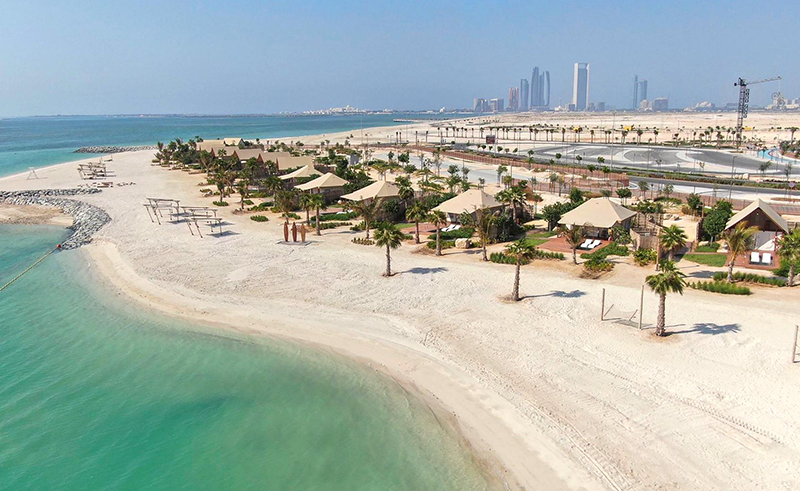
Any last words about the upcoming festival in Hudayriyat Island?
Our event is a different approach to a music festival for house and techno in the region, so come with an open mind. We've got an amazing lineup playing across two stages. Come refreshed and ready to go!
For tickets to Boogie Box Festival on November 2nd head to Platinum List
Follow Boogie Box on Instagram for more updates.
- Previous Article Italian-Palestinian Duo No Input Debuts Eponymous Electro EP
- Next Article Egyptian Designer Pacinthe Badran Unveils ‘Rosalia’ Collection







